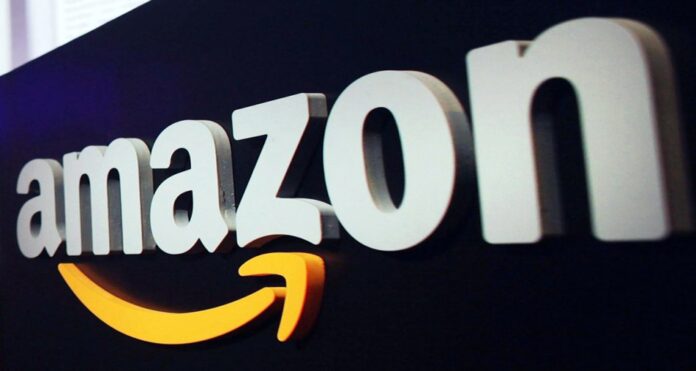
Italy’s antitrust watchdog, Autorita’ Garante della Concorrenza e del Mercato (ACGM), has fined e-commerce company, Amazon $1.28 billion for illegally abusing market dominance, in one of the biggest penalties imposed on a U.S. tech giant in Europe by a single nation as part of a years-long battle over online antitrust issues.
The ACGM while announcing the disciplinary action said:
“The investigation has ascertained that these are functions of the Amazon.it platform that are crucial for the success of sellers and for increasing their sales”.
“In doing so, Amazon has harmed competing e-commerce logistics operators by preventing them from proposing themselves to online sellers as providers of services of a quality comparable to that of Amazon’s fulfilment. These conducts have thus widened the gap between Amazon’s power and that of the competition also in the e-commerce order delivery business,” the statement noted.
Amazon and Apple were jointly fined by Italian antitrust regulators for allegedly conspiring to limit the supply of Apple and Beats products, but the two companies are disputing the case, shrinking the fine to only $77 million of Amazon in what is considered as a drop in the bucket compared to today’s judgment.
One of the consequences of the ruling is that Prime products will now be included in Amazon’s events like Prime Day, Black Friday and Cyber Monday, an implication that people now have a better chance of getting featured in Amazon’s affairs if they use Fulfilment by Amazon.
The Italian authorities have also instructed Amazon to come up with a new set of standards that would be fair to third-party sellers whether they are using FBA or not. Amazon was also ordered to implement behavioural measures, while a monitoring trustee will review the changes.
Amazon has hit back at the judgment, indicating it would appeal it.
It said in a statement; “We strongly disagree with the decision of the Italian Competition Authority (ICA), and we will appeal. The proposed fine and remedies are unjustified and disproportionate.
“More than half of all annual sales on Amazon in Italy come from SMBs, and their success is at the heart of our business model. Small and medium-sized businesses have multiple channels to sell their products both online and offline: Amazon is just one of those options. We constantly invest in supporting the growth of the 18,000 Italian SMBs that sell on Amazon, and we provide multiple tools to our sellers, including those who manage shipments themselves,” it added.
A study from the Institute for Local Self-Reliance towed the authorities’ argument, stressing that Amazon is generating more and more revenue from third-party sellers, noting that FBA is a vicious circle and that third-party sellers have become a captive audience.
It remains to be seen where the litigation will swing to.



